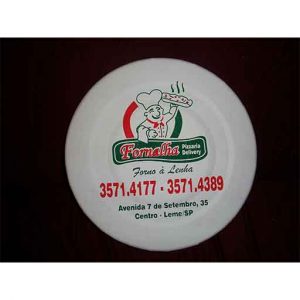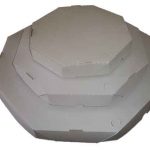
Video storytelling is a powerful tool in recovery, and we are proud to share our SMART Recovery content free-of-charge, available anywhere, on any device. Our videos hope to inform, entertain, and inspire anyone in the recovery community. Stay in touch with your key supports, such as counselors, sponsors, mentors, or recovering peers.
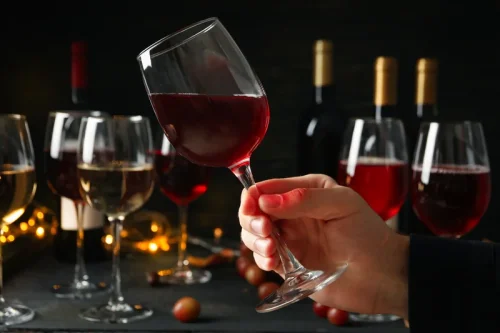
Local Resources
For many addicts, getting through a stressful situation is not that difficult. This is when the holidays are over and our adrenaline and cortisol levels start returning to normal. The truth is other people have the ability to take care of themselves.

Renewal Center for Ongoing Recovery
- Here are some relapse prevention tips and self-care ideas for the holiday season, or any time.
- But it can also be a very stressful time, particularly for people in recovery from drug or alcohol addiction.
- Remember, each challenge faced and overcome further solidifies your commitment and strength in sobriety.
- When people notice your sobriety, they will probably comment on it or ask questions, so it is important to decide what you will say ahead of time.
However, if they participate in the festivities, make sure they have a backup plan. Help them mentally prepare for a situation that might put them at risk or make them feel uncomfortable. By making it clear that you will always be available to help them out of a difficult or triggering circumstance, you will help ease any pressure they may feel.
- As you adjust to a sober lifestyle, it might help to have some tasty non-alcoholic beverages to enjoy while you celebrate the holiday season’s many festivities, including New Year’s Eve.
- So, why put yourself in the position of having to “power through” an obstacle course of relapse triggers?
- It’s only a sip, and it doesn’t mean you’ve relapsed—or that you should entertain the thought of relapsing now.
- We often need as much or more support after the holidays as we did during them.
- Instead, tell someone who understands recovery from drug or alcohol addiction about your experience as soon as possible.
How to Get Help During the Holidays
Suddenly, we aren’t surrounded by people and noise, we aren’t driven by hectic schedules and a list of holiday tasks to accomplish. We often need as much or more support after the holidays as we did during them. Allow reframing holidays in early recovery yourself to return to a normal self-care routine as you adjust to regular life once again.
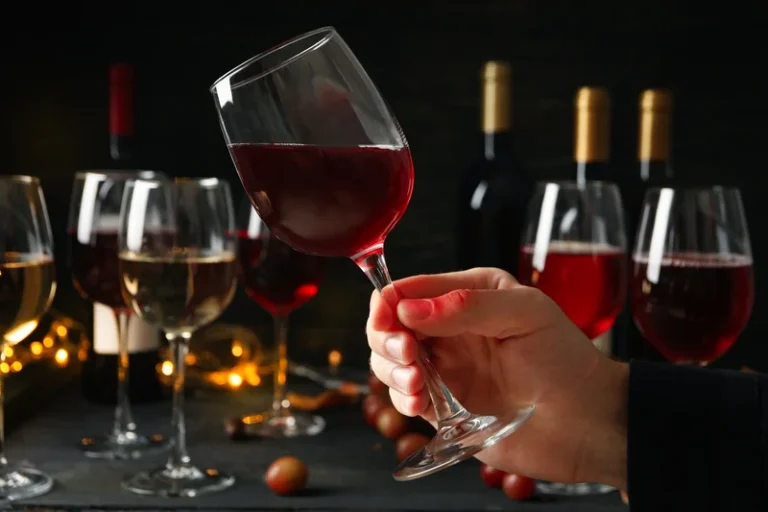
Instead of dreading the onset of a holiday, spend the time planning, thinking through possible outcomes, and what to do in response. Winter holidays like Christmas, Hanukkah, Kwanzaa, and New Year’s Eve may involve stress, which for people in recovery, can be a trigger. Feelings of loneliness can be triggering for people in recovery, even if they have a solid social support system. However, not everyone who experiences sadness or depression has a mental health condition, and these feelings can act as a trigger.
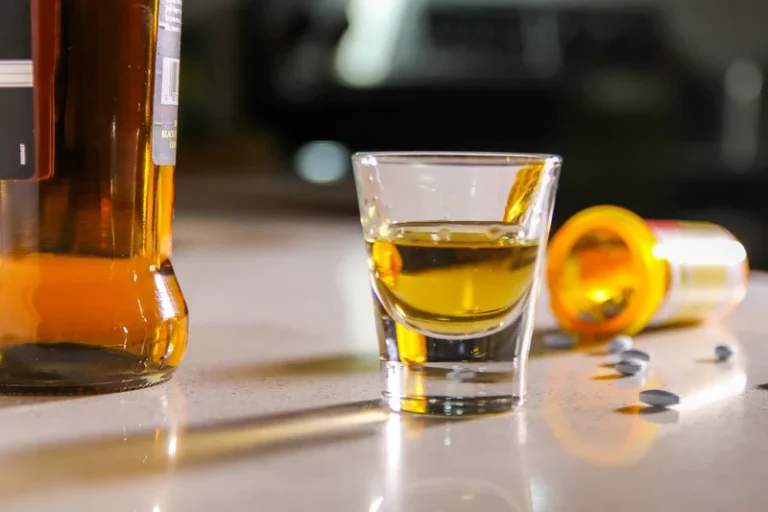
- Turn off the TV, turn down the lights, read a book, or drink a cup of calming noncaffeinated tea.
- Or you can connect with a trusted friend or family member who has supported you throughout your recovery journey.
- Everyone is running on empty, and the annual fight is just waiting to happen.
- Please click here to learn more about starting a Family & Friends meeting.
- Allow yourself to return to a normal self-care routine as you adjust to regular life once again.
Walk through potential party scenarios and how you will react. Plan your arrival and departure, who you will spend time with – and who you will not. Bring your own or select a festive nonalcoholic option and have an exit or even escape strategy if you start to feel anxious. Make sure you have your own transportation so that you can leave quickly if you feel uncomfortable.







